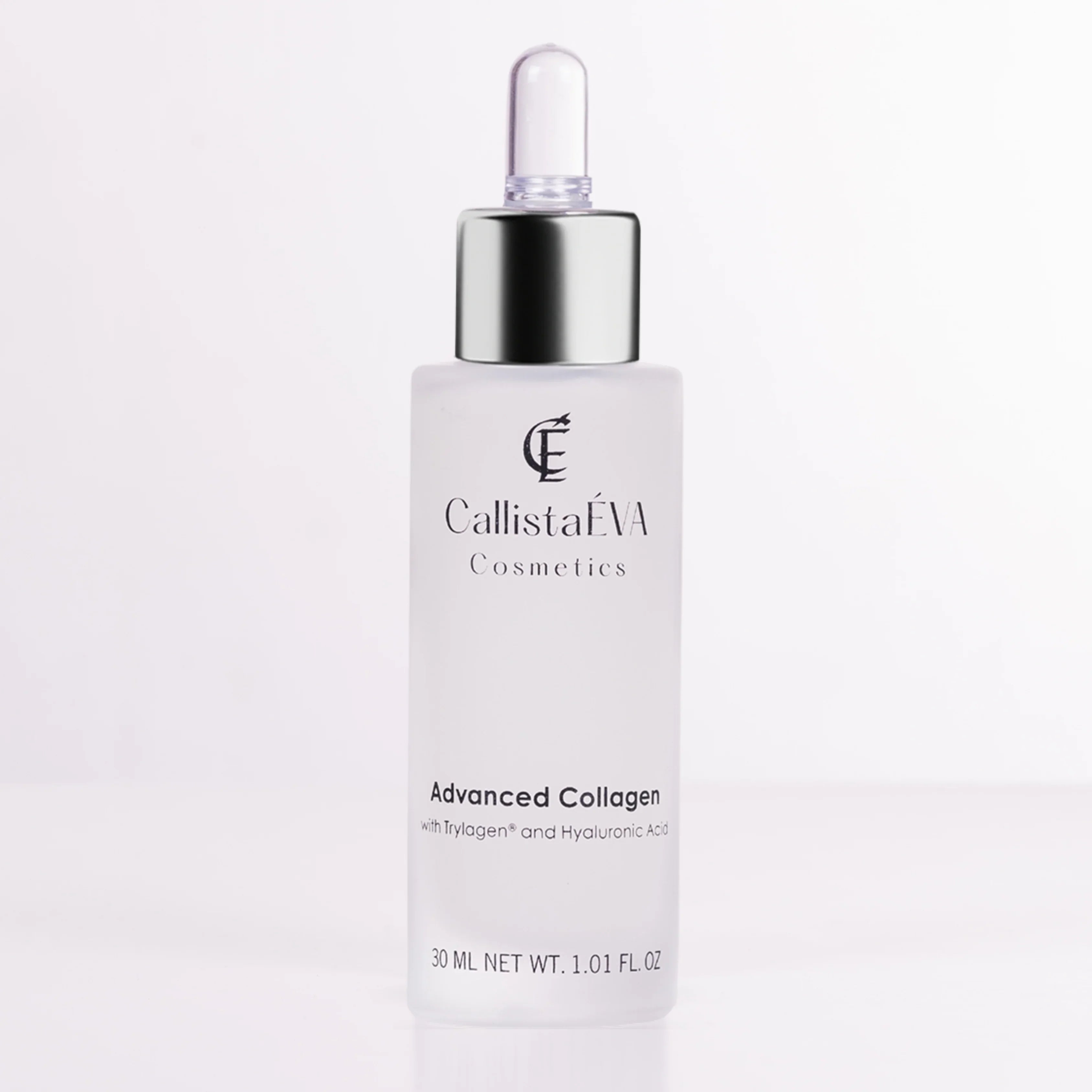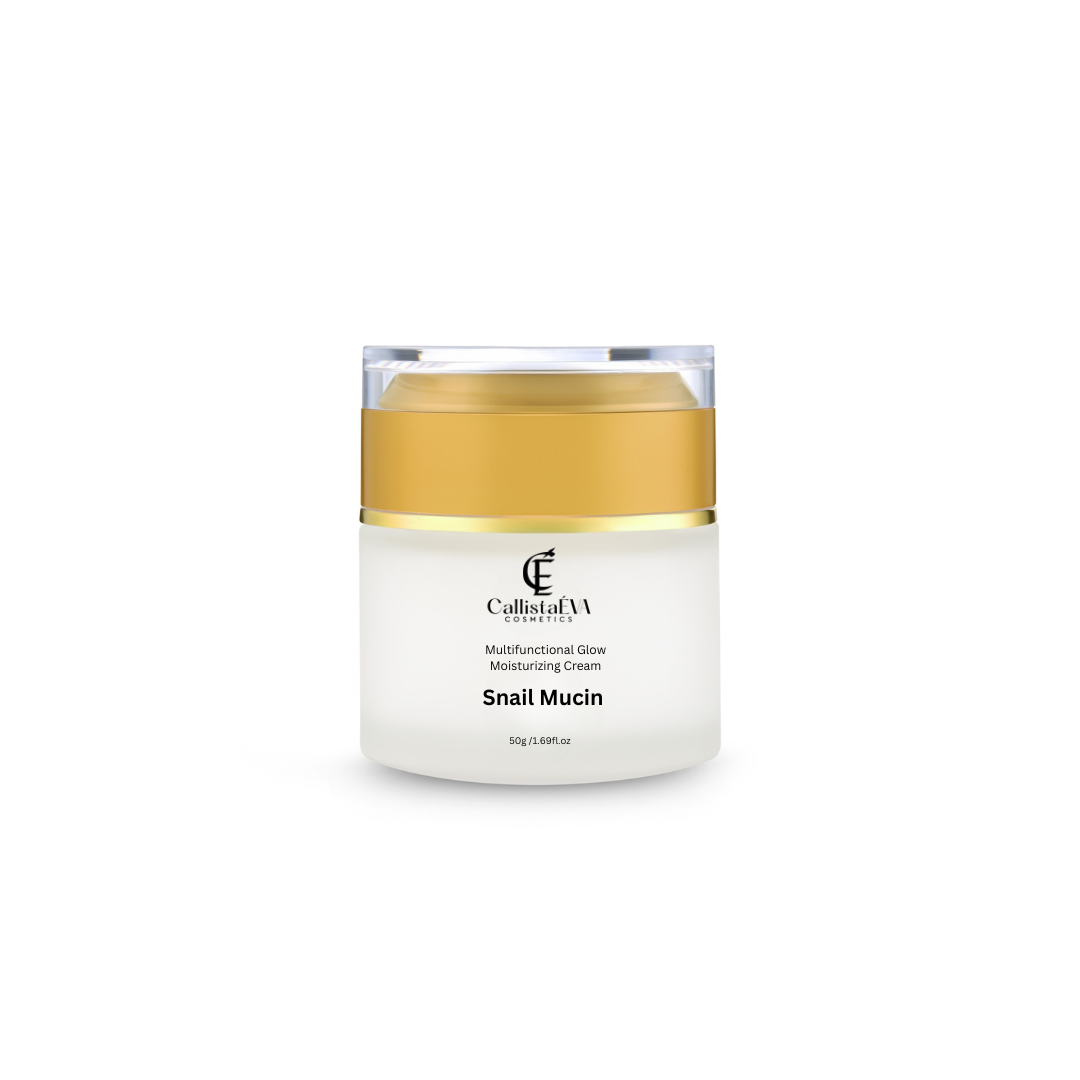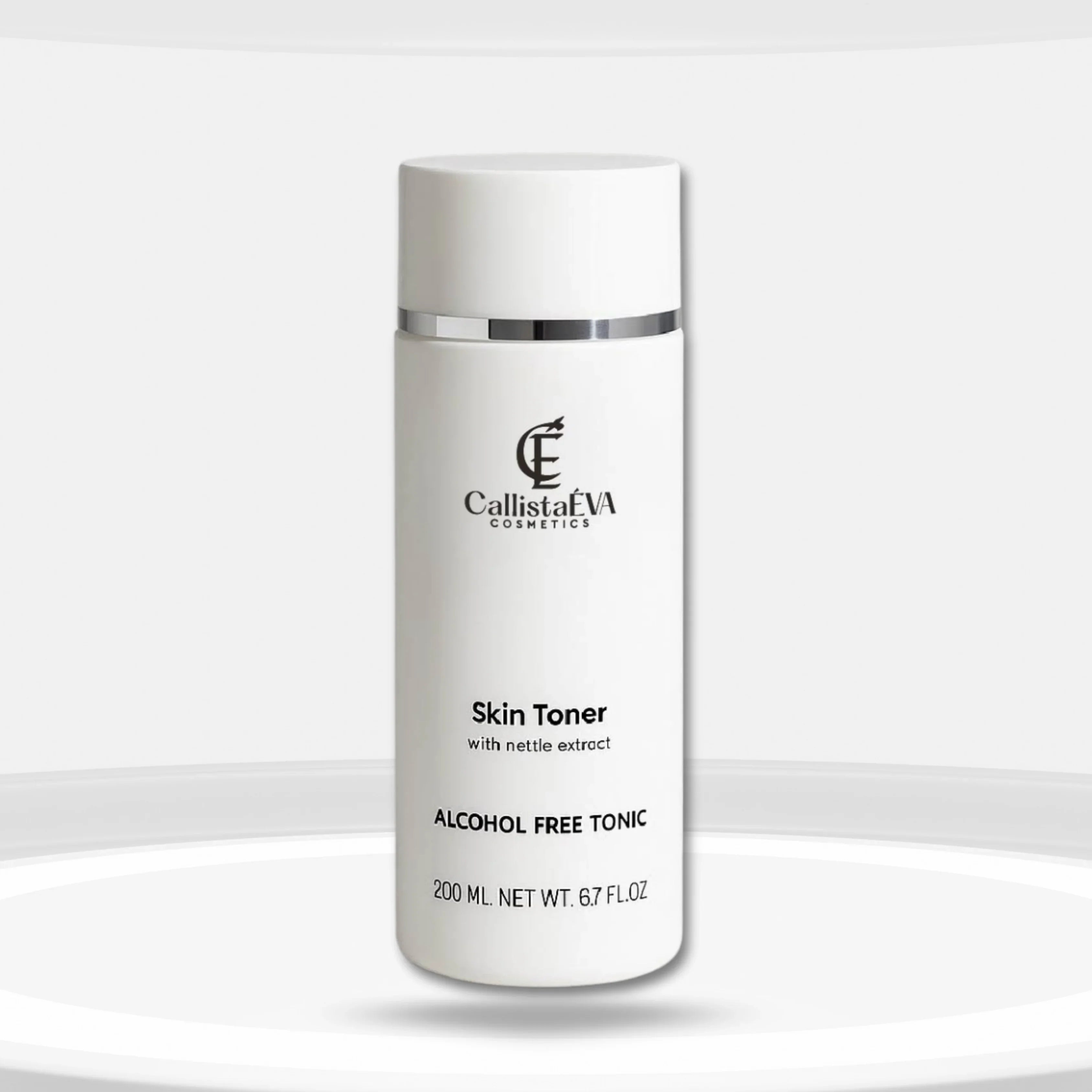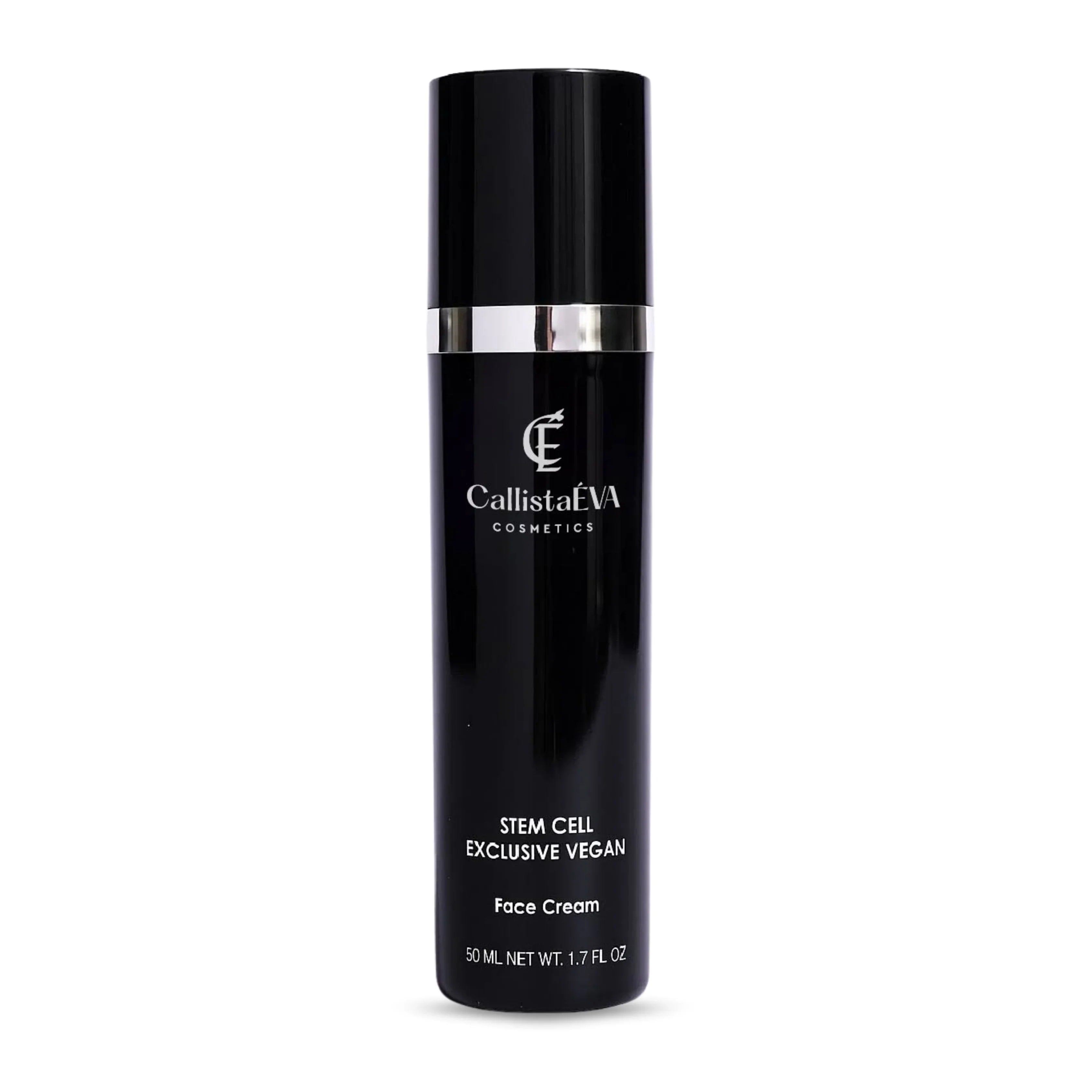When you notice early signs of aging like fine lines, shadows under the eyes, and uneven tone, you might wonder if plant stem cell skincare is more than marketing. They sound innovative and effective. But does science back them, or is it just clever branding? This article explains exactly what plant stem cells are, highlights solid research, and explores how plant stem cell extracts in CallistaÉVA’s Stem Cell Face Cream and Eye Cream deliver real results in daily life.
What Are Plant Stem Cells in Skincare?
Plant stem cells are undifferentiated cells found in a plant’s meristematic tissue—areas responsible for growth and repair. These cells can regenerate and respond to stress. When used in skincare, they act as supportive agents. They protect skin cells from oxidative damage, calm inflammation, and support barrier health.
Studies emphasize that plant stem cells offer consistent quality and sustainability. Unlike field-grown botanicals that vary with harvest time or climate, plant cell cultures yield uniform, pesticide‑free extracts (1). Extracting active compounds directly from cell cultures also minimizes losses and improves purity (1). The goal is to offer high-quality, eco-friendly skincare backed by biotechnology.
The Science Behind Swiss Apple Stem Cells
What Makes Uttwiler Spätlauber Apples Special?
The Uttwiler Spätlauber is a rare Swiss apple cultivar known for its shelf life and resistance to damage. These qualities make it a rich source of stem cell extracts that protect human skin cells from environmental stress (4)(5). Extracts of this apple have antioxidant and anti-inflammatory properties useful for skincare.
Evidence in Laboratory and Animal Studies
In one study, topical application of apple stem cell extract on UVB-exposed rat skin reduced inflammation, limited epidermal thickening, and improved hydration and collagen organization (2). Key results included:
● Decreased inflammatory cell infiltration
● Reduced thickness of epidermis and dermis
● Increased moisture retention
● Lowered TNF‑α levels, a key marker of inflammation (2)
These results suggest apple stem cell extract supports skin repair after UV damage (2).
Evidence in Human Skin and Clinical Performance
Another study used a serum containing apple stem cell extract, urea, creatine, and palmitoyl tripeptide-38. After just four weeks of twice-daily use:
● 71% of subjects saw visible wrinkle reduction
● 68% noted improvements by day 7
● Increased skin density and elasticity
● Improved mitochondrial function—higher ATP generation and lower oxidative stress in aged fibroblasts (3)
These findings confirm plant stem cell extracts can support healthy aging and visible skin improvement (3).
Why Plant Stem Cell Technology Matters in Skincare
Sustainability and Tech Innovation
Plant cell culture supports environmentally responsible product manufacturing. It removes dependency on land, pesticides, and climate, offering consistency and sustainable sourcing (1). This aligns with modern, eco-conscious consumer values. Recent biotech advancements highlight detoxifying compounds from cell cultures, facilitating high-quality cosmetic ingredients (1).
Antioxidant and Anti‑Inflammatory Potential
Research shows that plant stem cell extracts from grapes, lilacs, and Swiss apples have both antioxidant and anti-inflammatory effects (4)(5). They support basic skin wellness goals: reducing oxidative stress, calming inflammation, and supporting repair. They act as intelligent boosters rather than demanding skin changes.
Bringing Ancient Traditions into Modern Beauty
Plant regeneration science builds on ancient herbal practices like Ayurvedic and Chinese medicine (6). Just as tradition relied on plants to support healing, modern biotechnology isolates key compounds (phytohormones, antioxidants) to offer targeted skin support. This merging of ancient wisdom and biotech highlights plant stem cell extracts as emerging yet credible ingredients (6).
Real Benefits You Can Expect
When formulated thoughtfully and used consistently, plant stem cell skincare delivers:
● Reduced environmental damage and UV stress.
● Increased hydration and plumper texture.
● Smoother, more even tone.
● Decreased redness and visible inflammation.
● Improved skin barrier support and elasticity.
Many users report visible improvements within one week, as shown in clinical data. Long-term use supports gradual renewal and resilience without medical claims or unrealistic promises.
CallistaÉVA's Plant Stem Cell Formulas: Clean, Effective, Inclusive
Stem Cell Face Cream
This cream features Swiss Apple Stem Cells, light peptides, and nourishing botanicals. It supports skin repair after oxidative stress, hydrates skin, and promotes youthful resiliency. The formula is clean, vegan, free of harsh chemicals, and suited for daily use.
Eye Cream
Designed to care for delicate eye skin, this cream combines plant stem cells with Albizia Julibrissin Bark Extract to reduce puffiness, soothe, and fortify the skin barrier. Hyaluronic Acid adds hydration. Together, these components refresh the orbital area, offering a well-rested look.
Both products suit all skin tones and types, and follow EU regulations to avoid medical or misleading claims. Their thoughtful designs serve busy professionals seeking effective, simple routines.
Who Should Use Plant Stem Cell Skincare?
Ideal for:
● Men and women aged 25–45.
● All skin types—dry, oily, combination, sensitive.
● People seeking hydration, tone, and early anti‑aging support.
● Clean beauty fans and eco-conscious users.
Consistent use supports gradual improvements. Expect results such as smoother texture, firmer elasticity, and calmer skin over weeks of daily use.
Smart Tips for Choosing Plant Stem Cell Products
● Check ingredient sources and clinical support. Verified studies and peer-reviewed results show brand transparency.
● Pay attention to concentrations and formulation. Active stability and delivery matter.
● Look for synergistic formulas. Adding peptides, hyaluronic acid, right oils enhances effects.
● Use daily with patience. Even effective compounds work gradually.
● Avoid exaggerated claims. Plant extracts support—not cure—aging or damage.
CallistaÉVA’s products meet all these standards, delivering transparent, research-backed plant stem cell skincare.
Final Thoughts
Plant stem cell ingredients are not a trend. They are a biotechnology-based innovation rooted in tradition, backed by lab and clinical data. Extracts like those from Swiss Apple Stem Cells reduce inflammation, support repair, and enhance hydration and elasticity (2, 3, 4, 6).
The fusion of ancient plant wisdom and cutting-edge biotech is shaping a new era of gentle yet powerful skincare. CallistaÉVA positions itself at this intersection by offering clean, elegant, science-supported solutions. The Stem Cell Face Cream and Eye Cream support skin’s natural vitality without bold promises or lengthy routines.
If you're looking for skincare that works gradually, sustainably, and delivers real results, these products are designed for you.
-
Gardiki, Vassiliki, et al. "Plant Stem Cells in Cosmetic Industry." Plants 14.3 (2025): 433.
https://www.mdpi.com/2223-7747/14/3/433 -
Khayatan, Danial, Mohammad Ali Nilforoushzadeh, Hamid Reza Ahmadi Ashtiani, and Farshad Hashemian. "Effect of Apple (Malus domestica) Stem Cells on UVB-Induced Damage Skin with Anti-Inflammatory Properties: An In Vivo Study." (2022)
https://onlinelibrary.wiley.com/doi/10.1155/2022/2417766 -
Sanz, Maria Teresa, et al. "Biorevitalizing effect of a novel facial serum containing apple stem cell extract, pro‐collagen lipopeptide, creatine, and urea on skin aging signs." Journal of cosmetic dermatology 15.1 (2016): 24-30.
https://pubmed.ncbi.nlm.nih.gov/26424007/ -
Aggarwal, Srishti, et al. "Plant stem cells and their applications: special emphasis on their marketed products." 3 Biotech 10.7 (2020): 291.
https://pubmed.ncbi.nlm.nih.gov/32550110/ -
Aggarwal, Srishti, et al. "Plant stem cells and their applications: special emphasis on their marketed products." 3 Biotech 10.7 (2020): 291.
https://pmc.ncbi.nlm.nih.gov/articles/PMC7275108/ -
Trehan, Sonia, Bozena Michniak-Kohn, and Kavita Beri. "Plant stem cells in cosmetics: current trends and future directions." Future science OA 3.4 (2017): FSO226.
https://pmc.ncbi.nlm.nih.gov/articles/PMC5674215/














